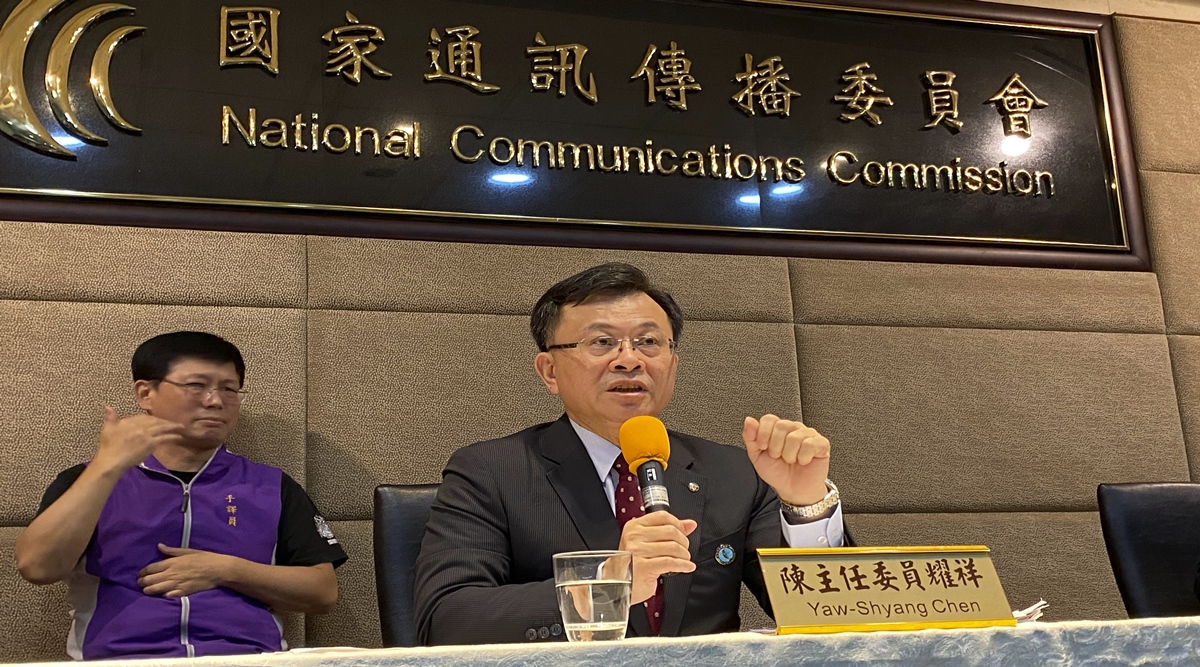The National Communications Commission cited repeated violations of rules on accurate reporting in saying it had rejected CTiTV's application to renew its license.
Taiwan’s government refused to renew the broadcast license of a leading pro-China cable news channel on Wednesday, prompting complaints of political interference.
The National Communications Commission cited repeated violations of rules on accurate reporting in saying it had rejected CTiTV’s application to renew its license.
The channel is owned by the Want Want China Times media group, which also publishes one of Taiwan’s main newspapers and has long been associated with a Beijing-friendly political view, partly attributed to its extensive business interests in China.
Taiwan is governed by the Democratic Progressive Party that rejects China’s claim to the island and has battled against Beijing-imposed diplomatic isolation and efforts to win over Taiwan’s business elite.
In his ruling, NCC Chairperson Chen Yaw-shyang made no specific allegations of pro-China bias against the station, but said it appeared susceptible to outside influences.
“The biggest problem is external interference into the TV station’s news production and broadcast. This is the big problem I am talking about”, Chen said at a news conference announcing the result of the license review.
Taiwan has one of the liveliest free media environments in Asia, a stark contrast to the tight control maintained during nearly four decades of martial law imposed by the Nationalist Party, which fled to the island after being driven from mainland China by the Communists in 1949.
However, the purchase of media assets by business conglomerates, particularly those with investments in China, has raised concerns over a political bias creeping into their reporting.
Chen said the ruling against CTiTV was intended partly to arrest that trend.
“This is also a clear message to all consortiums that intend to purchase media outlets, to respect editorial independence and professionality. They have to keep distance from news production and broadcasting”, Chen said.
CTiTV will still be able to operate its entertainment channels and publish online. But the news channel, which officially loses its license on December 11, denounced the ruling as an attempt to silence dissenting voices in a blow against democracy and freedom of speech.
“Taiwan cannot have only a single voice,” the channel ran in titles on the top of its coverage of the ruling.
Source: Read Full Article


